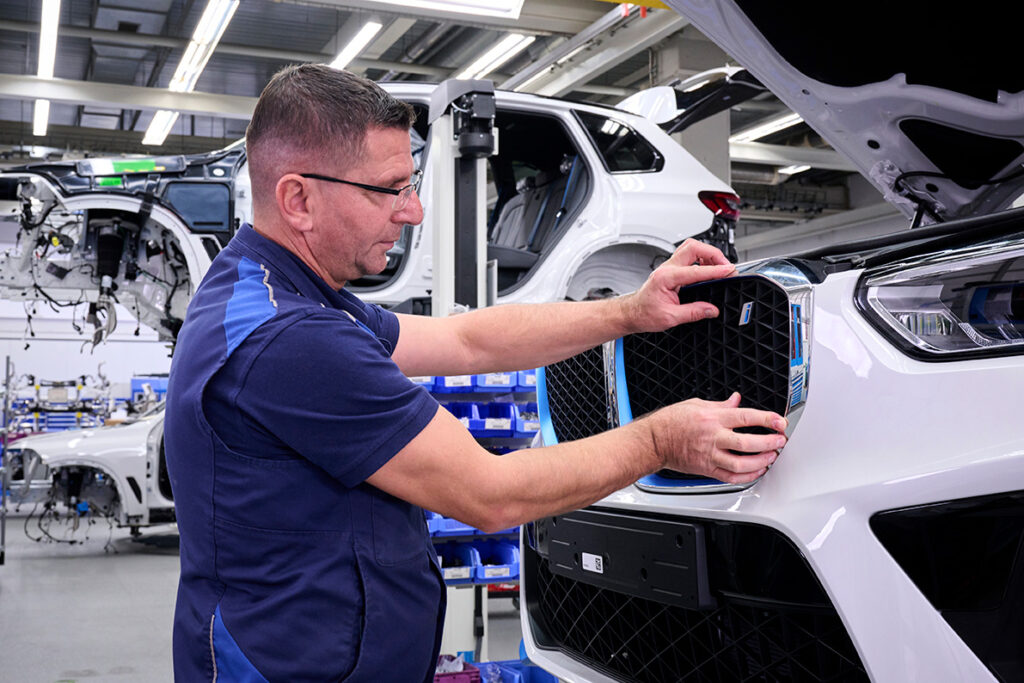As BMW prepares to launch its new Neue Klasse platform, the company is focusing on the development of a new series of small, parallel hydrogen tanks within the platform’s floor. This technology will enable the company to create cars that are powered by electricity, internal combustion engines, or hydrogen.
Jurgen Guldner, BMW’s general program manager for hydrogen technology, spoke to Autoblog about the exciting possibilities of this new technology. “Since BMW is starting on a clean slate with the Neue Klasse, future-proofing the platform is more economical and efficient, especially if hydrogen is already in mind from the get-go. This allows BMW to remain flexible and open to exploring new technologies as they happen.”
The hydrogen tanks within the Neue Klasse platform will occupy the space traditionally used for an electric vehicle’s battery. Guldner elaborated on the packaging solution for the hydrogen tanks, explaining that the plan is to have smaller tanks positioned next to each other, which would allow for more flexibility in terms of the number of tanks needed for different car models.
Guldner emphasized that BMW is still in the early stages of the project and is looking at a clever packaging solution. However, since the rest of the infrastructure, such as the motor, is already in the car, their main focus is on finding the right design and placement for the hydrogen tanks.
Despite the project still being in development, BMW’s commitment to hydrogen technology is unwavering. Guldner stated that BMW is not rushing the development of its hydrogen technology and wants to ensure that the tech is perfect when it eventually launches.
As BMW’s iX5 Hydrogen SUV demonstrates, the company is already making progress with its hydrogen development. Two tanks in the center of the car accommodate 13 pounds of hydrogen, enabling a range of up to 310 miles. However, Guldner believes that BMW can improve its hydrogen technology by developing a more intelligent packaging solution.
“The idea is to have smaller tanks positioned next to each other that take up the space of an EV’s battery pack. Smaller tanks, still cylindrical, but more of them, and then we’re flexible,” he says. BMW’s hydrogen development team is confident that this new packaging solution will improve its hydrogen technology’s viability, making it a more attractive option for consumers.
BMW is taking a long-term approach to its hydrogen development, but Guldner is optimistic about the potential of the technology. “It’s the most exciting project that I’ve worked on in my 25 years at BMW, and I’ve done some cool stuff,” he says with a smile. As BMW continues to push the boundaries of innovation in the years to come, hydrogen technology will undoubtedly play a significant role in the company’s future plans.
Auto Blog: BMW open to making a hydrogen-electric, New Class-based model
Motor1: BMW Neue Klasse With Hydrogen Power Already In The Works
CarBuzz: BMW Developing Neue Klasse Platform With Hydrogen Fuel Cell Vehicles In Mind
